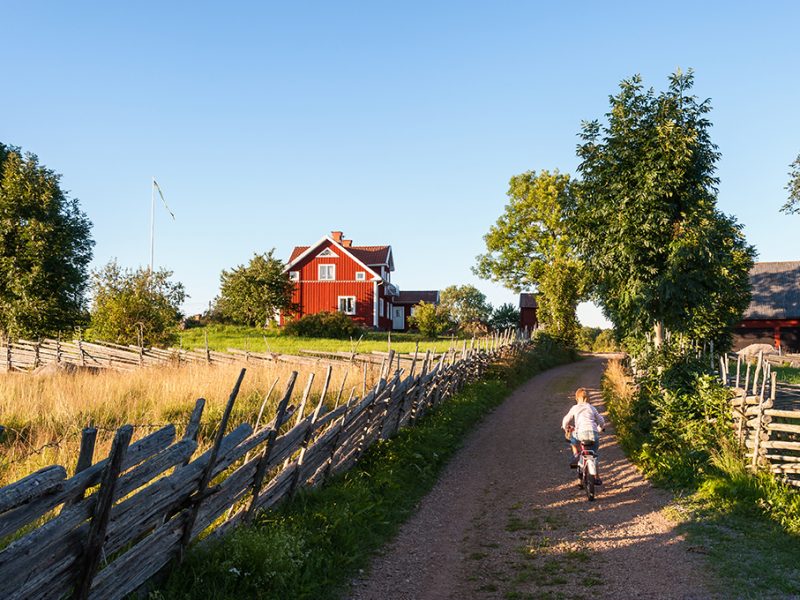VICTORIA—The province is giving families living in the Agricultural Land Reserve until February 22, 2020 to obtain approvals for second homes for immediate family.
“We’ve worked to make long-overdue changes to help farmers farm,” said BC agriculture minister Lana Popham in announcing the changes. “We heard from people living in the ALR, many who said they aren’t farming but purchased ALR land for residential use. We understand that some have been caught in the transition. We’ve listened and have given people a bit more time to get their permits in place.”
The move follows widespread criticism of new regulations introduced in February following passage of Bill 52, which removed a provision allowing for a second home on farm properties for family members. The change was part of steps to rein in residential development on farmland and curb speculation.
However, the move took many municipalities and landowners by surprise.
The pressure peaked following a June 17 meeting District A Farmers Institute hosted in Nanoose Bay on Vancouver Island. Concerns voiced there received widespread media coverage, followed by earnest pledges from the government that grandfathering provisions were coming. Those followed July 4, and marked a small victory for critics.
District A Farmers Institute president Janet Thony gave the announcement a mixed review, however.
“I’m very happy for those folks who can carry on with their plans. Hopefully it is a reasonable time frame,” she said. “I am not happy that a ‘grandfathering period’ indicates they will not reverse the decision to not allow a second residence for ‘immediate family.’”
Thony says the prohibition on allowing immediate family to live on a property constituted “a direct attack on the principle of the ‘family farm.’”
However, Popham has steadfastly maintained that secondary residences are still allowed if they support farm operations. All landowners need to do is apply to the Agricultural Land Commission. Additional discussions in 2020 will support regulations that accommodate families that farm.
A wholesale modernization of regulation is needed, said Popham, not the piecemeal approach that’s been taken in the past.
“When the old government made changes to the ALR, they took a piecemeal approach that hurt our producers,” said Popham. “We’ve been working on regulations. As part of that, we’re looking at how we can provide farmers with more flexibility in their businesses, while continuing to preserve the valuable farmland they rely on.”
In the meantime, housing suppliers welcome additional time for landowners to seek approvals.
Two clients of Triple R Modular Homes in Merville put their modular home orders on hold as a result of the rule change, says owner Larry Huston. Since the grandfathering period was announced, they’ve told him they’ll proceed. He expects more to follow.
“It’s already turned positive for us,” he said. “[There’s] nothing new as of yet, but we’re looking at trying to figure out how we can do something on our website to promote that you’ve got a year.”
While most people typically want homes delivered before the autumn rains begin, the February deadline gives them time to seek approvals for homes delivered in 2020.
The number of property owners likely to take advantage of the reprieve is difficult to estimate.
There have been 28 applications to the Agricultural Land Commission for residential use of farmland between February 22 (when the new regulations were introduced) and June 17. Of these, three applications – all in the South Coast region – were for homes larger than 500 square metres, the maximum allowed under Bill 52. The rest were for secondary residences, with 12 applications on the South Coast and 10 in the Okanagan.
Since landowners didn’t have to seek the land commission’s approval for secondary homes for immediate family prior to February, there’s no indication yet of whether landowners are rushing to locate a modular home on their property for family before they’re not allowed.
“This is new legislation


 BC’s oldest farm seeks new management
BC’s oldest farm seeks new management